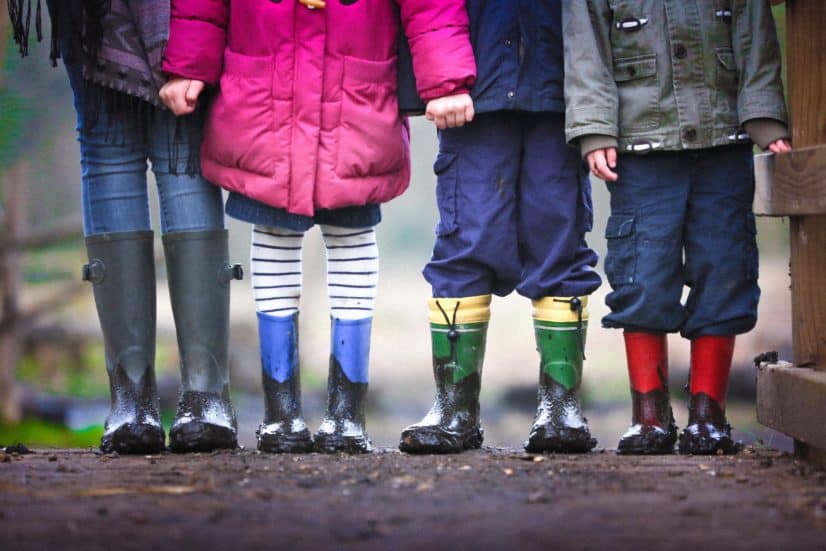| Simply put, empathy is understanding what others are thinking and feeling. At home, on the playground, and eventually in the workplace, we want our children to have the ability to tune into people’s emotions. Leading researcher Dr. Brené Brown says that empathy fuels connection. When children are empathetic, they show compassion and consideration to those around them. Making a conscious effort to promote empathy-boosting experiences for your children will foster healthy and meaningful connections with others and expand their emotional intelligence. So how can we begin to build empathy within our children? Dr. Brown references nursing scholar Theresa Wiseman’s four attributes of empathy. The following has been edited in order to exemplify how the attributes can be applied to children. 1. To be able to see the world as others see it – Create conversations with your children that encourage reflection on what someone else might be thinking or feeling in different situations. If your child talks about someone getting teased or bullied at school, discuss how that person might feel. 2. To be nonjudgmental – This can begin with how we model acceptance and respect for others regardless of differences. Developmentally, as children make sense of the world they conceptually want to place things in categories. Listen to how they describe differences and encourage respect and understanding for people or places that are “different”. 3. Understand feelings – Expand their emotional vocabulary by teaching them that we have more than just “happy” and “sad” feelings. If you are reading a story, encourage your child to name the emotions of different characters. With an understanding of their own feelings, they are better equipped to understand another person’s feelings. 4. Communicate understanding – This attribute will take time to develop and will become easier for children to practice as they mature. While they are young, you can model this by validating feelings when they are expressed and encourage them to tell you more about what they are experiencing i.e., “It sounds like you are really sad about that. Let’s talk more about it”. By watching you and other adults in their life, your child learns about how to interact with people. As they see you helping others who are in need or having a hard time, you will be cultivating empathy within your growing child. Michelle Rathburn |
Embracing Empathy: Enhancing Children’s Capacity to Care About Others

